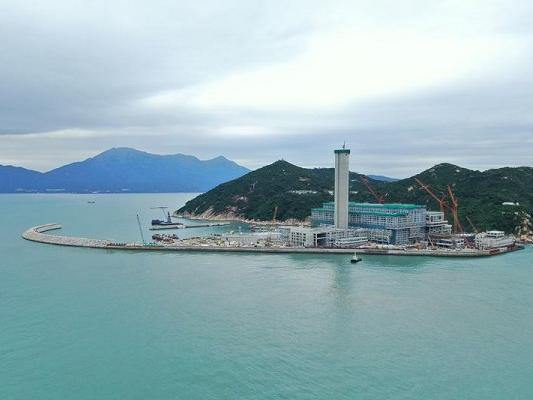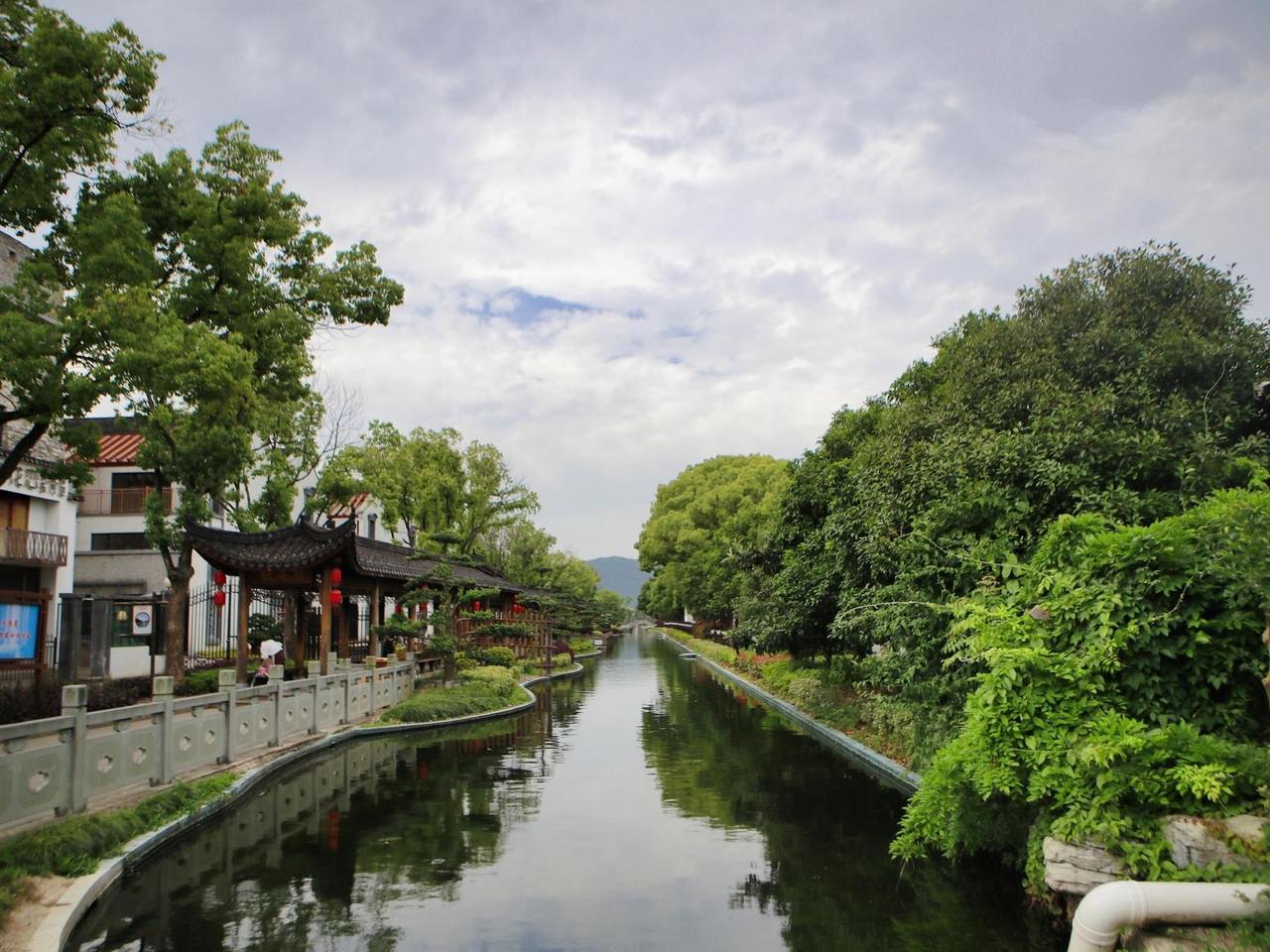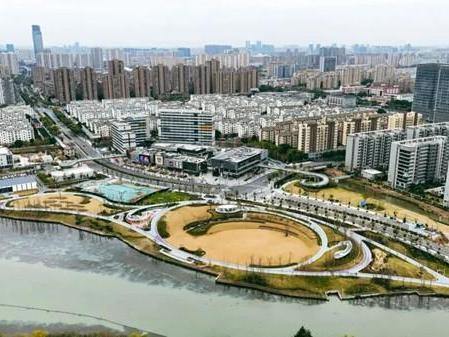
A camping area in Beijing. (Photo/IC)
Camping was all the rage across China during the just-concluded National Day holiday, with some joking that "half of the friends on WeChat were camping."
A pasture in Shenyang, the capital of northeast China's Liaoning province, was packed with holidaymakers during the seven-day holiday, and all types of tents mushroomed.
Liu Hao, a Shenyang resident, said outdoor camping sites were popular during the holiday and had to be booked several days in advance.
"To me, camping is a good way to relax, especially in such an enthralling scenery," Liu said.
China's camping market has been growing rapidly as more people turn to short-distance leisure camping during the pandemic.
According to research firm iiMedia Research, the core market size of China's camping economy reached 74.75 billion yuan ($10.5 billion) in 2021, up 62.5 percent year-on-year. It further predicts that the market will grow to 248.3 billion yuan by 2025.
More market-sensitive players are plowing into the industry. In 2021, more than 20,000 new camping-related enterprises were established in China, and over 5,000 have been set up this year, according to the corporate information provider Tianyancha.
"The year 2020 can be seen as the first year of the camping market, and the market size began to explode this year," said Zhang Yi, who is in charge of six camping bases. "The camping economy is a good breakthrough for the culture and tourism industry which has been hit hard by the pandemic."
Camping equipment enterprise Mobi Garden has achieved a significant increase in revenue since 2020. The company's net profit in the first half of the year more than doubled from the same period in 2021.
Huzhou, a popular tourist destination in east China's Zhejiang province, hosted the first Camping Conference in the Yangtze River Delta in June. The city became one of the first to officially regulate the construction standards and safety supervision of camping sites.
Beijing and Nanjing in Jiangsu province have also introduced related policies for the healthy development of the industry.
"With the increase of per capita disposable income in China, consumers' demand for outdoor leisure activities has been soaring in recent years. I believe more people will join in camping and other outdoor activities in the long run," said Liang Qidong, vice president of the Liaoning Academy of Social Sciences.
Editor:Tan Qikuan, Fan Chenyu (Intern)




